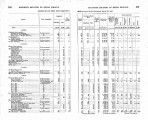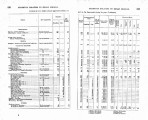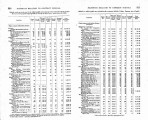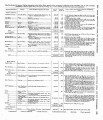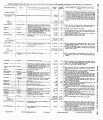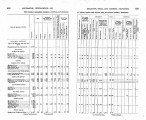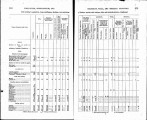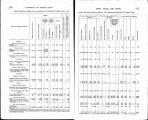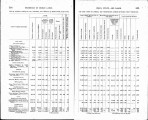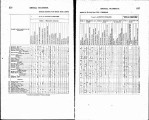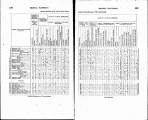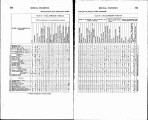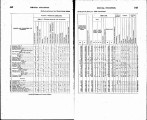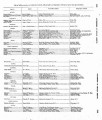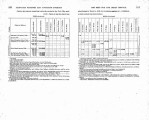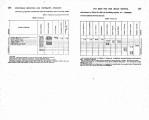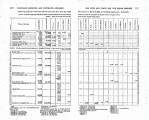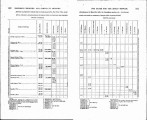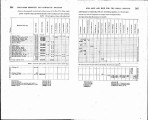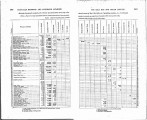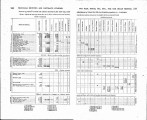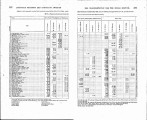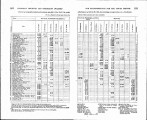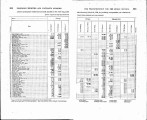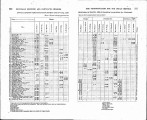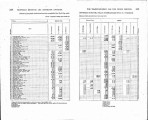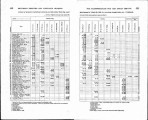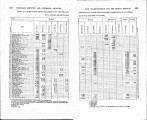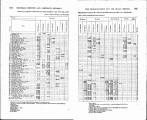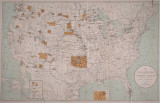| OCR Text |
Show . . for any other purpose, and without regard to the amount paid. Agents fonnd it difficult tohave an interpreter always present to witness small ., payments, and in 1881, at the request of 'this office, the oonstrnction of the law was modified by the Treasury so as to allow the payment to an ' Indian, without itr8 being witnessed by an interpreter, of a sum not ex-ceeding $10, provided it was clearly 8h0wn that the presence of an in-terpreter could not be had without considerable difficulty and an un-reasonable delay. This ruling, even with its modifications, it bas beeu difficult to apply, especially at agencies where the Indians are well advanced in civiliza tion, and many speak and write English. Moreover, agents report that the salary allowed interpreters, $300 per annum, is so limited that men of even very moderate education will not accept the position;'hence Indians but poorly qualified must often be employed inf&reter& Some of them though able to speak are unable to write English, and often can not even sign their names. Therefore among the accounts of agents are fonnd vouchers which are signed by Indiansbnt are witnessed by interpreters who sign bymark, the certificates of the interpreters be-ing to the effect that they have thoroughly explained to the Indians the nature of the transaction represented by the vouchers and know that they fullyunderstand the same, the purpose for whlch they signed their names, and the amountsreceipted for! This, of course, is not the slight-eet protection either to the Indians or to the Government. In the spring of 1888 an army officer who was acting as Indian agent called the attention of this office, in the following words, to the embarrassment which he experienced from this interpretation of the law : " Thisreqoirement is manifestly made on the presnmption thst the Indians osn not speak or learn to speak English. Now, all the working Indians here speak Englieh, and for practical pnrposes they speak it and understand it quite as wall sa 1 do. . * There is no aense in calling in sn interpreter to interpret a trensac-tion that.is perfectly nnderstaod in English, and is witnesses, as a11 my payments *re, by severel people, and although I ahow in every case thst the psyeea speak and underatand English, the examiners have snependedall the vouchers on whioh I have mede sneh payments nnaeoompsnied by the certificate of an interpreter, whioh in sU cases,that Ihsveaeen is a, purely perfunctory tranesction, andsbonlld he abolished when the,oircnmstsnces permit it. The ittention of the Treasury was again called to this matter hy letter of April 3, 1888, and the Second Comptroller replied April 18, 1888, to the effect that in his opinion the President and Beeretary of . the Interior were authorized by law to direct the manner in which pay-ments to Indians should be made. Under this ruling, and in view of the facts above set forth, I shall from time to time recommend the dis-continuanee of interpreters at agencies where the Indians have made sufficient progress in mastering the English language to warrant such action: Meantime I trust that the efficiency of the interpreter service may |









































































































































